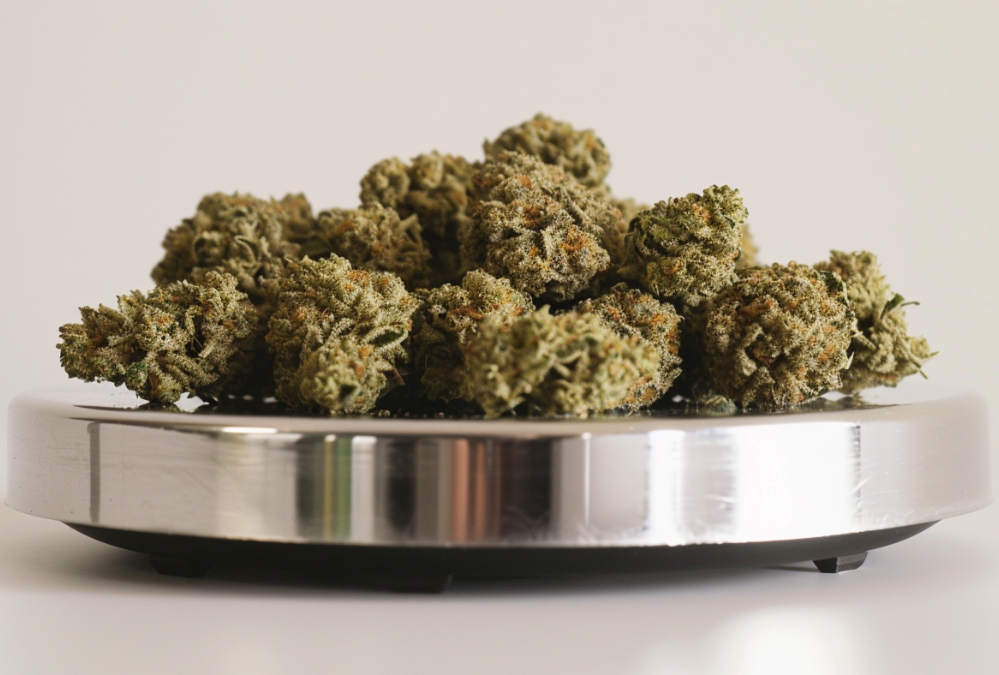
Your Two Strongest Allies on the Medical Cannabis Journey
Long term medical cannabis use is often referred to as a journey. It is a journey made easier when a patient has allies on their side. These allies are people who come alongside with advice and support. They advocate on behalf of the patient in hopes of achieving the best possible outcome. The two strongest allies on this journey are the medical provider and pharmacist.
In the medical cannabis arena, medical providers and pharmacists can take many forms. For simplicity’s sake, this post will refer to how things are done in Utah. The Beehive State has crafted one of the best medical cannabis programs in the country. Theirs is a model for other states to look at.
Why It’s a Journey
The need for allies is rooted in the very reason medical cannabis consumption is often referred to as a journey. The thing about medical cannabis is that there is no exact science to using it. Doctors do not write prescriptions because they can’t under federal law. There are few FDA-approved medical cannabis products. Even doses and delivery methods are not standardized.
Right from the start, there are no hard-and-fast rules that a medical cannabis patient can look at to figure out how to use their medicines. Add in the fact that symptoms and general health change over time, and you have a scenario in which treatments are always subject to modifications. Thus, medical cannabis treatments are more of a journey than a static exercise.
The Medical Provider
The medical provider in a medical cannabis scenario is the person responsible for evaluating a patient’s health and recommending cannabis as a treatment. In Utah, there are two different types of medical providers:
Qualified Medical Provider (QMP) – A QMP can be any doctor, advanced practice nurse, or orthopedist with prescribing authority in the state. In order to become a QMP, a medical provider must undergo additional training and obtain state certification.
Limited Medical Provider (LMP) – An LMP can also be any medical professional with prescribing authority in the state. However, LMPs do not undergo continuing education and are not state-certified. As a result, there are limits placed on what they can do for patients.
The medical provider is an ally in the sense that it is their responsibility to stay abreast of a patient’s health. A medical provider is the most qualified person to understand a patient’s condition or disease. They are the most qualified person to recommend medical cannabis.
The Pharmacist
A pharmacist is a medical professional trained in biology, physiology, and pharmacology. Pharmacists in the medical cannabis arena have additional training in the endocannabinoid system and how cannabinoids interact with the human body.
In Utah, a pharmacist must undergo additional training and be certified in order to work in a medical cannabis pharmacy. According to Cedar City’s Zion Medicinal, medical cannabis pharmacies are required to have a pharmacist on-site whenever the doors are open. Certified pharmacists in Utah are known as Pharmacy Medical Providers (PMPs).
The PMP is a critical ally on the medical cannabis journey inasmuch as he or she is there to help a patient understand everything from cannabis strains to product potency, delivery method, and side effects. The PMP is the go-to medical professional whenever patients have questions or concerns about their medicines.
Using medical cannabis long term is truly a journey. Fortunately, patients have allies to help them along the way. If you use medical cannabis, take advantage of your two strongest allies: your medical provider and pharmacist. Their entire purpose is to help you.






